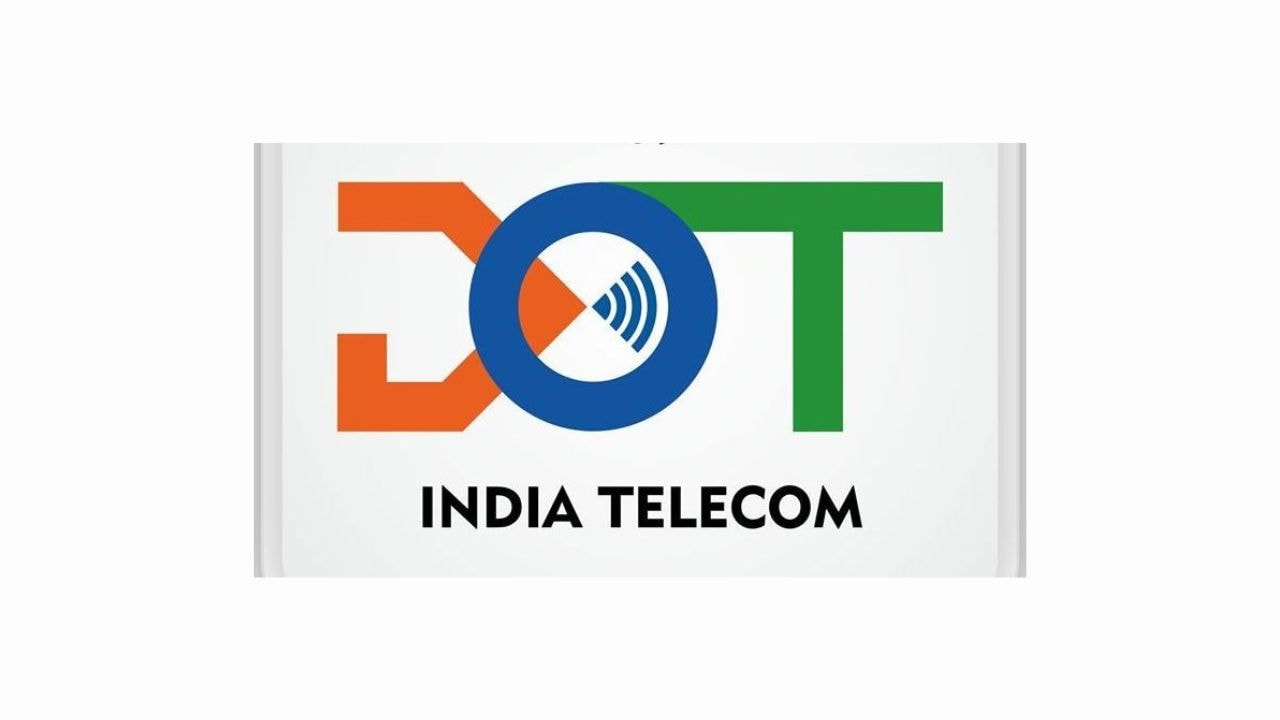The Department of Telecommunications (DoT) and the International Telecommunication Union (ITU) signed a Letter of Intent (LoI), during Dr. Neeraj Mittal’s, Secretary (Telecom), visit to Geneva to advance India’s global leadership in digital connectivity. This marks the beginning of a new phase of strategic collaboration.
The collaboration between DoT and ITU marks a shift in the telecom sector’s role from merely providing connectivity to becoming a platform for data-driven decision-making. This partnership will also explore new business models, enabling a scalable, knowledge-based ecosystem that drives sustainable growth. The agreement aims to foster innovation in emerging technologies, including digital twins, AI-driven solutions, virtual world technologies, and the transformative potential of IMT-2030.
Dr. Mittal met with ITU Secretary-General Doreen Bogdan-Martin to reaffirm India’s commitment to digital connectivity, inclusion and innovation. Their discussions focused on India’s leadership in 5G/6G technologies, AI for digital transformation, cybersecurity frameworks and ITU’s Partner2Connect initiative, which seeks to bridge the global digital divide. India also pledged continued support for ITU’s initiatives by contributing to global connectivity projects and skill development programs.
In a move to position India as a global hub for telecommunications policy and ICT regulations, Dr. Mittal proposed hosting the ITU-Plenipotentiary Conference 2030 in India. The proposal was positively acknowledged, with further discussions set to take place at the upcoming ITU Council Meeting.
Why India-ITU collaboration?
Knowledge Sharing & Capacity Building: Exchange insights from DoT’s Sangam and ITU’s Citiverse to enhance cross-sectoral data integration and collaborative planning.
Global Standards Development: Contribute to ITU-T Study Group 20 to create global standards, APIs, and methodologies for IoT, digital twins, and smart cities.
Sandbox Environments & Pilot Projects: Establish controlled environments to test and validate innovative digital twin technologies and regulatory frameworks.
Citizen Engagement & Simulations: Utilize AI-powered platforms for real-time urban planning, enabling participatory governance and collaborative decision-making.
Privacy & Data Security: Share insights on privacy-enhancing techniques (PETs) for ICT measurement and secure urban planning initiatives.
AI Model Integration for Digital Twins: Develop custom AI models using country-specific datasets to optimize infrastructure development and urban mobility.
The next generation of mobile communication technologies is evolving beyond traditional connectivity, integrating AI, digital twins, and real-time connectivity into a seamless ecosystem. These advancements will transform infrastructure planning across key sectors such as transportation, urban development, and healthcare, making them more dynamic, adaptive, and sustainable.
